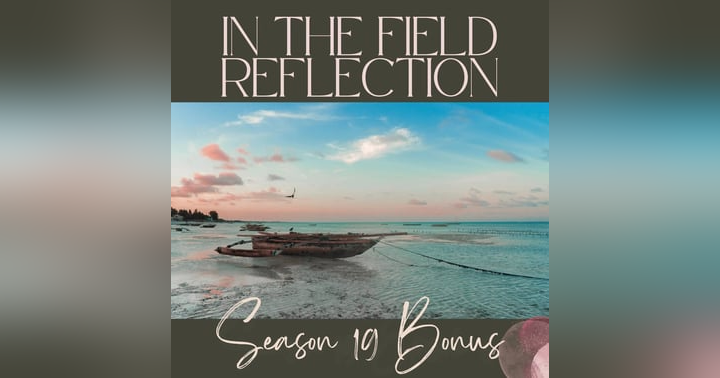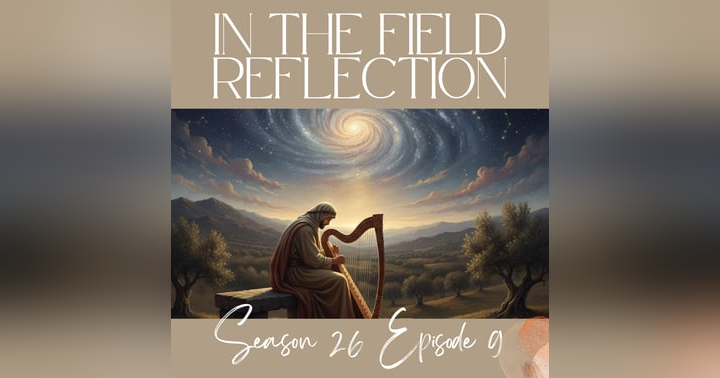Habakkuk's Watchtower: Finding Hope When Justice Tarries

In our fast-paced world where immediate answers and instant gratification have become the norm, Habakkuk's ancient message speaks with surprising relevance. His journey through doubt, questioning, and ultimately steadfast faith offers profound wisdom for anyone navigating life’s complexities—especially when God's timing seems mysteriously out of sync with our own urgent needs. In these moments, Habakkuk becomes a guide for finding hope when justice tarries, reminding us that waiting is not weakness, but a path to deeper trust.
Habakkuk begins his dialogue with God from a place many of us recognize—standing on his watchtower, demanding answers. His world is crumbling around him as injustice flourishes and the wicked prosper. Like many of us facing seemingly senseless suffering or prolonged periods of waiting, Habakkuk boldly brings his complaints before God. His questions are raw and honest: "How long, O Lord, will you not hear me?" There's something deeply reassuring about a prophet who doesn't shy away from spiritual wrestling, who stands in the tension between what God has promised and what he currently sees.
The divine response to Habakkuk's questioning comes not as immediate relief but as a challenge to write down a vision—a revelation that requires patience and faith. "Write the vision plainly on tablets so that a herald may run with it," God instructs. This vision isn't meant to be kept secret; it's meant to be shared, proclaimed, carried forward. Yet it comes with the difficult acknowledgment that fulfillment may not match our preferred timeline: "Though it lingers, wait for it. It will certainly come and will not delay." These words capture the profound paradox of divine timing—what seems like delay to us operates with perfect precision in God's eternal purposes.
Perhaps the most revolutionary line in this ancient text, the one that would later inspire the Protestant Reformation and continues to transform lives today, is stunningly simple: "The righteous shall live by faith." In just seven words, we find the heartbeat of spiritual resilience. This isn't blind optimism or passive acceptance of injustice. Rather, it's the active choice to trust God's character and promises even when circumstances suggest otherwise. It's choosing to live by faith rather than sight, to anchor ourselves in what God has revealed rather than what our limited perspective can currently comprehend.
The chapter proceeds with five powerful "woes" pronounced against those who build their empires, security, and power through exploitation, violence, and self-glorification. These warnings remind us that justice, though sometimes seemingly delayed, is never ultimately denied. The proud who appear untouchable will not endure. Those who build their security through unjust means are constructing houses of shame. The message resonates across centuries: God sees the oppression, exploitation, and self-serving kingdoms we humans often build, and none of it will stand in the end.
What makes Habakkuk's message so powerful is that it doesn't offer simplistic answers or immediate fixes. Instead, it invites us into a deeper relationship with God that can withstand the tension of unanswered questions and delayed justice. It acknowledges the reality of waiting while affirming that our waiting is never wasted. The chapter concludes with a powerful declaration: "The Lord is in his holy temple. Let all the earth keep silence before him." This isn't the silence of abandonment but the reverent hush that falls when we recognize that God remains sovereign even when circumstances feel chaotic.
For those of us navigating seasons of waiting—whether for healing, restoration, justice, or answered prayer—Habakkuk offers profound companionship. He stands with us on the watchtower, acknowledging both the difficulty of patience and the necessity of faith. His journey reminds us that bringing our honest questions to God doesn't display a lack of faith but rather creates space for a deeper, more resilient trust to grow. When answers linger and justice seems delayed, we too can choose to live by faith, writing the vision plainly and carrying it forward with conviction that what God has promised will surely come to pass.



